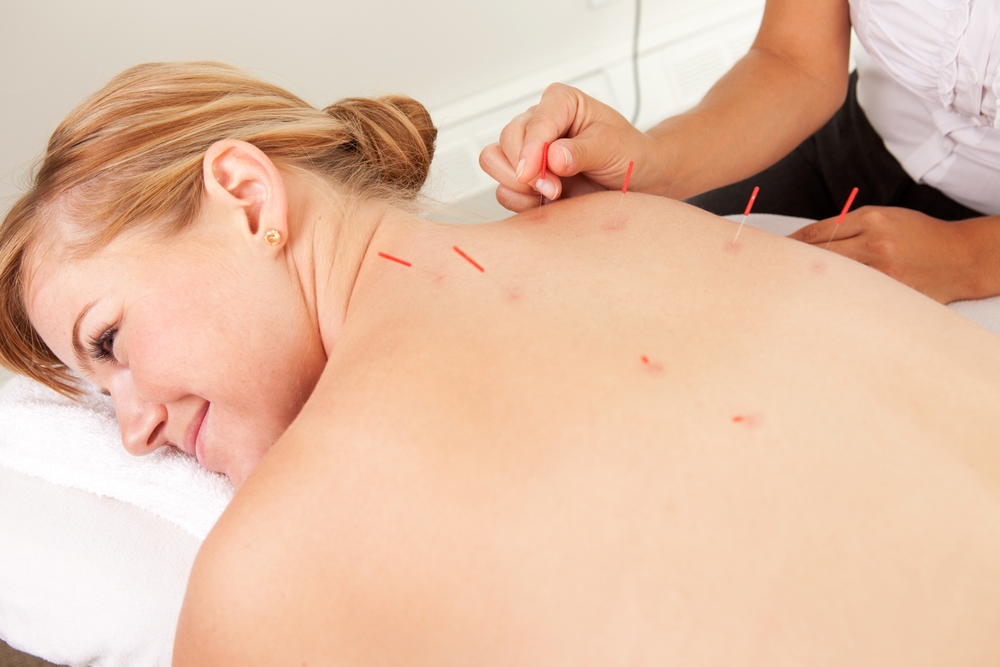Allergies can be a nightmare, making even the simplest tasks such as breathing and sleeping a massive challenge. Whether it’s seasonal allergies or food allergies, they can take a toll on your wellbeing and affect your daily life. While there are several treatment options available to ease allergies, acupuncture has become increasingly popular due to the incredible benefits it offers. Acupuncture has been used for thousands of years in traditional Chinese medicine to treat various ailments, and today, its effectiveness has been researched and clinically proven. In this blog, we’ll explore how acupuncture can help soothe your allergy symptoms and improve your overall health.
What Is Acupuncture?
Acupuncture is a form of alternative medicine originating from traditional Chinese medicine. It involves the insertion of fine needles into specific points on the body, known as acupuncture points. These points are believed to be energy pathways that connect the body’s internal organs and systems, and acupuncture for allergies aims to balance the flow of energy or qi in the body.
How Does Acupuncture Help with Allergies?
Acupuncture can help alleviate allergy symptoms in several ways. Firstly, it stimulates the body’s natural healing mechanisms, such as the release of endorphins, which can reduce inflammation and relieve pain. Secondly, acupuncture can regulate the immune system, which plays a crucial role in the development of allergies. By regulating the immune response, acupuncture can reduce the severity and frequency of allergic reactions.
What to Expect During an Acupuncture Session?
During your acupuncture session, your practitioner will ask you about your medical history and symptoms. They will then insert thin, sterile needles into specific acupuncture points on your body. You may experience a tingling or warm sensation around the area where the needles are inserted, but it shouldn’t be uncomfortable or painful. The needles are typically left in place for about 20-30 minutes, and during this time, you can relax and let the acupuncture do its work.
Are There Any Side Effects or Risks to Acupuncture?
Acupuncture is generally safe, and side effects are rare. However, some people may experience mild soreness or bruising around the acupuncture points. It’s essential to ensure that you get acupuncture from a licensed and qualified practitioner who uses sterile, disposable needles to minimize any risks of infection.
How Many Sessions of Acupuncture Do I Need?
The number of acupuncture sessions you’ll need depends on various factors, such as the severity of your allergies and your overall health. However, most people require several sessions before they can see significant improvements in their allergy symptoms. It’s essential to discuss your treatment plan with your acupuncturist to determine the optimal number of sessions and frequency.
Conclusion
Acupuncture is a safe and effective complementary therapy for allergy sufferers. By stimulating your body’s natural healing mechanisms and regulating your immune system, acupuncture can provide relief from allergy symptoms and improve your overall health and wellbeing. It’s essential to consult a licensed and experienced acupuncturist to ensure that you get the best treatment possible. Give acupuncture a try and enjoy a happier, healthier life!
Our clinic also offers acupuncture fertility to help boost your chances of conception. Acupuncture has been used for centuries to promote reproductive health and regulate menstrual cycles. By placing thin needles in specific points on the body, acupuncture can increase blood flow to the reproductive organs, reduce stress and inflammation, and balance hormones.

